
Emmanuel Macron seeks quick escape from security law fiasco
David Keohane, Victor Mallet | 02 December 2020
French voters still respond to law-and-order message despite police brutality
Interior minister Gérald Darmanin’s attempt to strengthen the powers of the police with a new “global security” law has so far been a political fiasco for President Emmanuel Macron and the French government.
Christophe Castaner, who leads Mr Macron’s governing La République en Marche party in the National Assembly, confirmed on Monday that there would be a “complete rewriting” of the law’s contested article 24, which would restrict the right to identify police officers on operations and which has already been adopted by the assembly and passed to the Senate.
That climbdown followed an outcry after three police officers were shown on video savagely beating black music producer Michel Zecler — exactly the kind of evidence that might have been harder to obtain under the proposed law — and nationwide protests by journalists, editors and others incensed by what they saw as an attack on press freedom.
In the long run, however, it is not clear that the crisis over a legal clause condemned by analysts as amateurishly drafted will inflict long-term damage on Mr Macron’s standing among French voters. The law was only one of a series of measures taken by Mr Macron to promote law and order, curb Islamist terrorism and radicalism and limit immigration — all popular with the centre-right and far-right voters who together make up the majority of the electorate.
“This article was part of the strategy,” said Chloé Morin, an analyst at Fondation Jean-Jaurès think-tank, noting that “the immense majority” of the French favoured the idea of blurring the faces of police officers in images and videos to protect them from personal attack.
“Until now the strategy was working, it was one reason why Emmanuel Macron was going up in the polls,” she said. “We know that opinion today in matters of freedom and security leans clearly towards security.”
A Harris Interactive opinion poll conducted at the end of November showed Mr Macron’s approval rating rising three points in a month to reach 49 per cent, higher than before the Covid-19 pandemic and better than his predecessors Nicolas Sarkozy and François Hollande at the same stage in their presidential terms.
Nevertheless, Mr Macron and Mr Darmanin — the hardliner and Sarkozy protégé brought in by the president to enact his law and order strategy — lost control of the situation when protests in the media and on the streets erupted over the law and the government clumsily tried to bypass parliamentary procedure to fix the wording of the ill-fated article 24.
In the latest draft text, the law makes it a crime punishable by a year in prison and a €45,000 fine to “publish, by any means and in any medium, the face or any other identifying feature other than their official identity number” of a police officer or gendarme “with the manifest aim of causing them physical or psychological harm”. Although Mr Darmanin and Mr Macron belatedly insisted that there would no restrictions on press freedom as a result of the law, the confusion in the government and the beating of Mr Zecler — for which two policemen have been charged and detained and a further two placed under investigation — provided a welcome political cause to leftwing politicians sidelined by the Covid-19 pandemic. It also prompted further criticism of Mr Macron from liberal commentators abroad already angered by what some saw as his demonisation of Muslims.
“It was clearly a double error of politics and of communication,” said Bruno Cautrès, a researcher at Sciences Po. “It’s not good for Emmanuel Macron but it’s not a catastrophe.”
Amid French media reports that Mr Darmanin had been reprimanded by Mr Macron, and that Paris police chief Didier Lallement might be fired as a scapegoat for the mess, the president was this week already plotting his strategy to escape from the crisis, arguing that he was committed to a “balance” between protecting the police and preserving press freedom. He made a point of contacting both Mr Zecler and a policewoman injured by protesters.
Mr Darmanin is now putting more emphasis on reform of the police, along with improved training and more diversity in the various police forces, but neither he nor Mr Macron will abandon their commitment to greater focus on law and order in the last 18 months of the presidential mandate.
“If he [Macron] retreats, it could give the impression that the government is losing authority and abandoning the police, so they will try to maintain the article,” says Ms Morin.
A measure to protect police officers from being targeted on social media is likely to make it into law in some form, either in the revised global security law or in another future Macron law designed to curb “separatism” and Islamist extremism. That law is to include an article protecting all public servants following the targeting on Facebook of Samuel Paty, the schoolteacher beheaded by a Chechen-born jihadist after he showed caricatures of the Prophet Mohammed to a class on freedom of speech. Just as anti-police sentiment on the left remains strong after the beating of Mr Zecler, so support for the police and measures to protect them was boosted by the violence of demonstrators who attacked police and set cars alight at the end of a protest against article 24 in the Place de la République in Paris on Saturday.
“If the French think Macron is using and protecting the police for protecting the French, for security, so that criminals and terrorists can be jailed, that is extremely popular and not seen as rightwing,” says Dominique Reynié of Fondation pour l’innovation politique, think-tank.

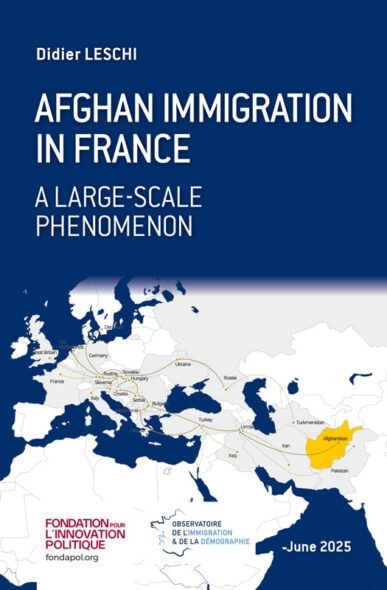
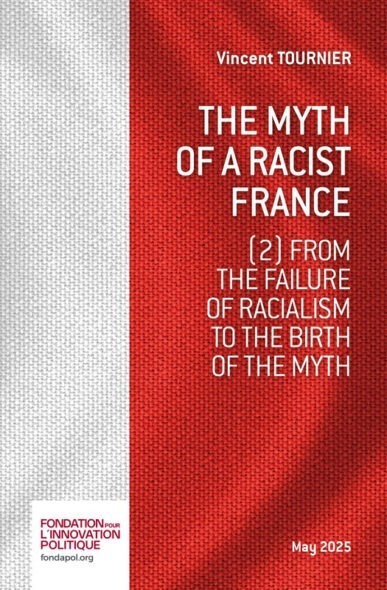
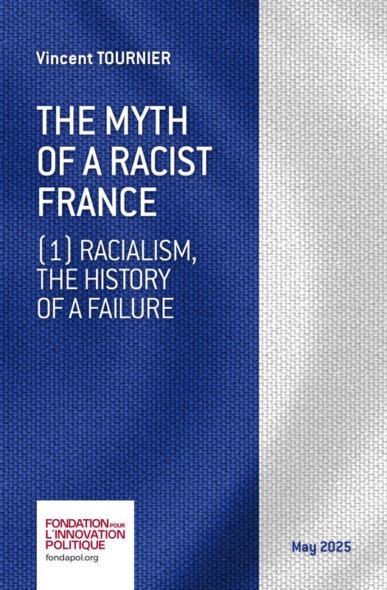
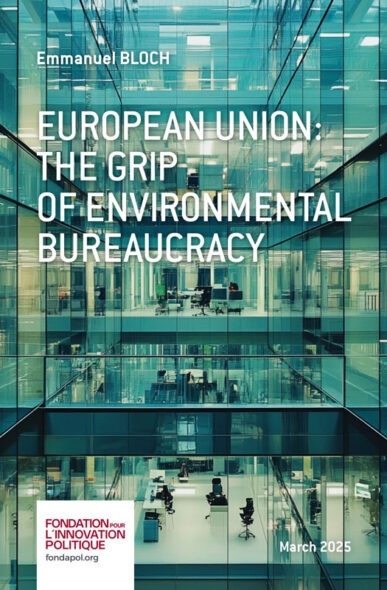
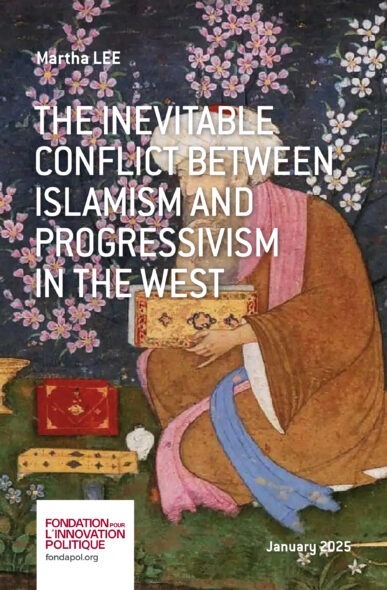
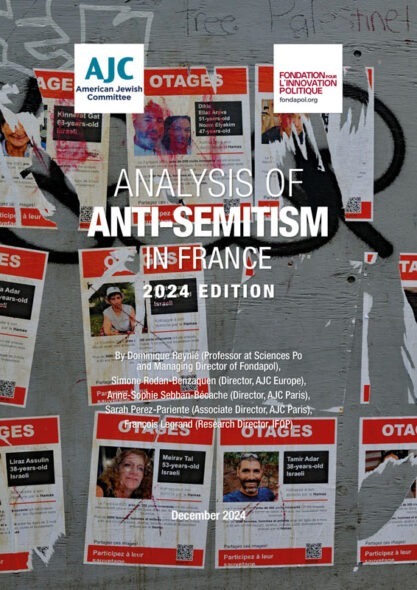
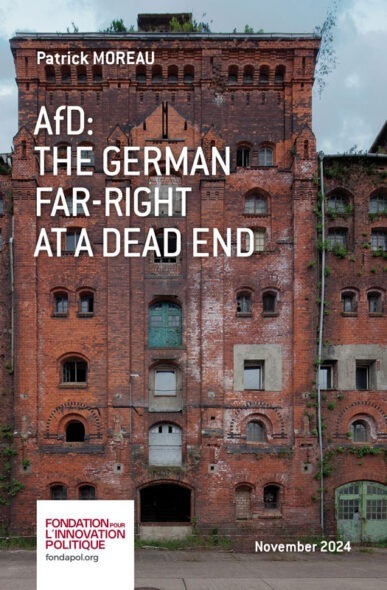
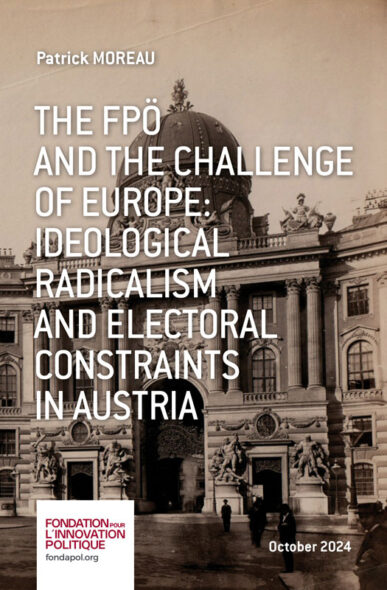

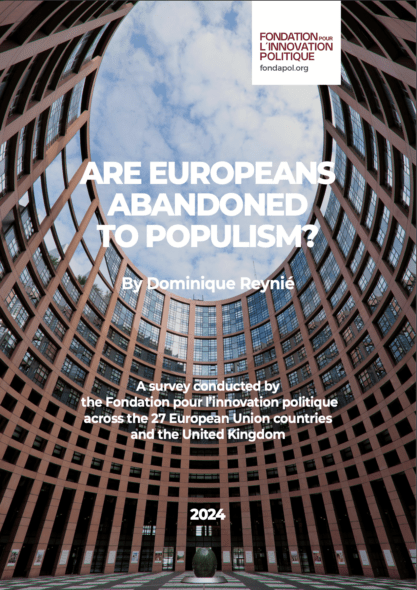
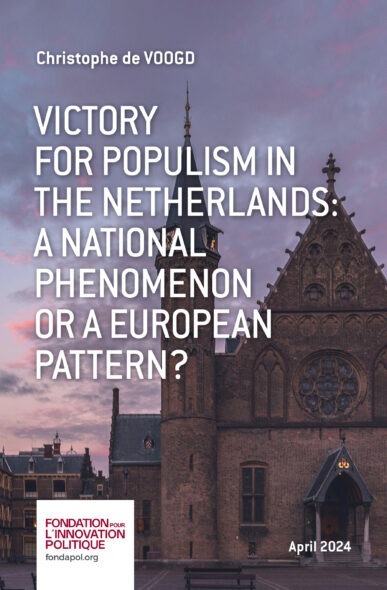
No comments.